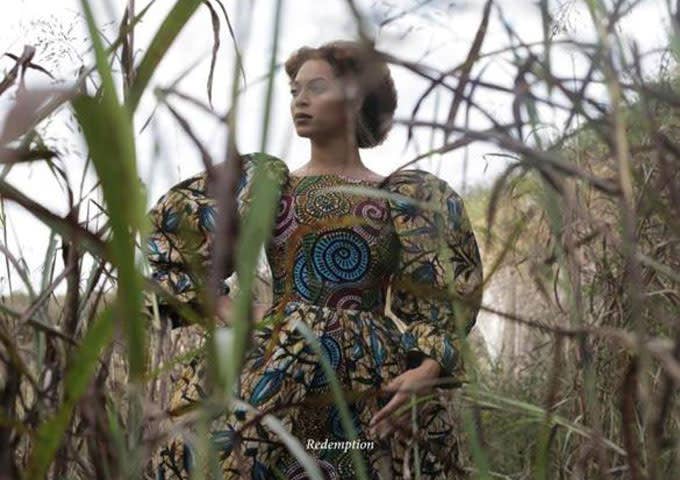
While I was careening through my mid-20s, I spoke with a friend about my parents’ failed marriage, my father’s struggles with monogamy, my mother’s heartbreak, and my own disastrous relationships with men I never felt good enough for. At the end of our conversation, my friend told me: You’re trying to rewrite your parents’ story. She went on: You’re trying to rewrite their story because you’re attracted to men like your father, handsome and funny and carefree, and you get into relationships with these men because they remind you of him. But you’re trying to have a happy ending. Because if you can, you rewrite your parents’ story.
I don’t think I said anything in reply at the time. I was too dumbstruck by the truth and insight of her statement. This assertion that I am attempting to rewrite history through my relationships has stuck with me for many years because it makes so much sense to me as a writer. Writers are obsessed with certain motifs, and we return to them again and again in our fiction, worrying over them in book after book with new sets of characters. I find myself writing about sibling loyalty, unrequited love, how history bears in the present, in each story I attempt. Why wouldn’t the same be true of my life, of my relationships? Why wouldn’t I worry over all the broken relationships in my extended family, peppering generations, from grand-aunts to grandparents to parents, and attempt to rewrite them in my own life? I perceive the world in stories: Of course I would.
This idea of reliving the stories of the past in an attempt to not only rewrite that past but claim a happier future stuck with me while I watched Beyoncé’s LEMONADE. Here is a woman wrestling with not only her own troubled marriage, but also her parents’ failed marriage. The specters of her unfaithful father and her steadfast mother haunt the film. There are other ghosts here as well, ghosts of ancestors, of black Southern women who lived and loved in the 19th and early 20th centuries, women who struggled with their own marriages and relationships in the past, generations back. The imagery of women in long, voluminous skirts, wearing up-do’s, bathing and gathering and cooking and eating under wide reaching oak trees hung with Spanish moss recalls the black Southern experience of the past without explicitly referencing its more brutal aspects.
This other, more brutal past seethes under the skin of the video. It is never explicitly acknowledged in the imagery, but we know it. We know that these women struggled to live and love in dark times, times when they were likened to livestock and owned. When their husbands and lovers were sold downriver. When they were bred like cattle or prize horses. And later, after freedom, when their men were framed for imagined, sometimes sexual, crimes, kidnapped, and hung from trees like strange fruit. This is the dark heart of American history. It nullified romantic love through generations of people of African descent. It ripped families apart, generation after generation. It wrote tragedy after tragedy. It pulses through the veins of all of our institutions, still.

The women of the past in Beyoncé’s LEMONADE attempt to rewrite the tragic stories they’ve inherited through art. They dance. They sing. They cook. Black Southern writers from Alice Walker to Kiese Laymon have written about the ability of black Southern people to understand and rewrite their lives, to garner a little love and redemption and adoration through creative expression, through art. Walker’s mother gardened. Laymon’s grandmother made fashion. In my family, the women knit and sewed and gardened. This is how we worry over our past, acknowledge it in our present, and attempt to make it anew in our future. This is how we try to birth beauty through pain.
By the end of LEMONADE, Beyoncé’s rewritten our story. She’s suffered the pain of infidelity and mistrust and heartbreak, and she’s created and sustained so much beauty from it. A whole family. Songs. Visions. In the end, she walks through the past, present, and future at once, and she is a wondrous new being, arrayed in the intricate lace and tribal cloth of the past, but her garments are cut for the future. Thigh high, shoulders exposed. Her strength shows through the long, lean lines of her legs and arms in these vintage futuristic outfits, and we understand the power, the belief, the determination, the hope necessary to rewrite the stories we’ve inherited. To birth audacious futures even as we create from a past that has always tried to break us. That sometimes, has broken us. Rendered us unfaithful and duplicitous, angry and untrustworthy. This is how you transform bitter to sweet.

